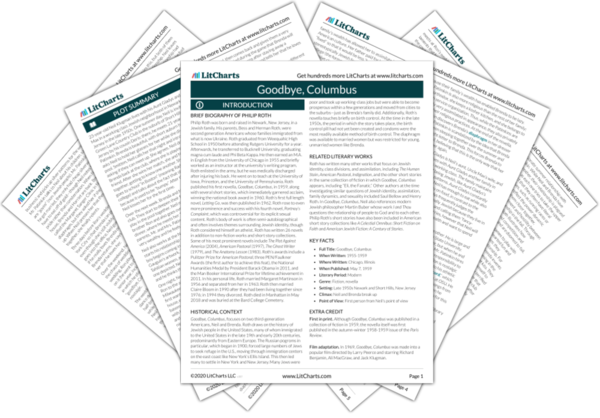Brenda sets up another competition, but in this one, Neil gains the upper hand. In contrast to the game in the pool, here he pretends to be indifferent towards her, trying to avoid her ability to simply command him to stop what he’s doing and sit with her. Yet, because Brenda immediately sets up another game for them, Neil’s attempt proves futile once more.
